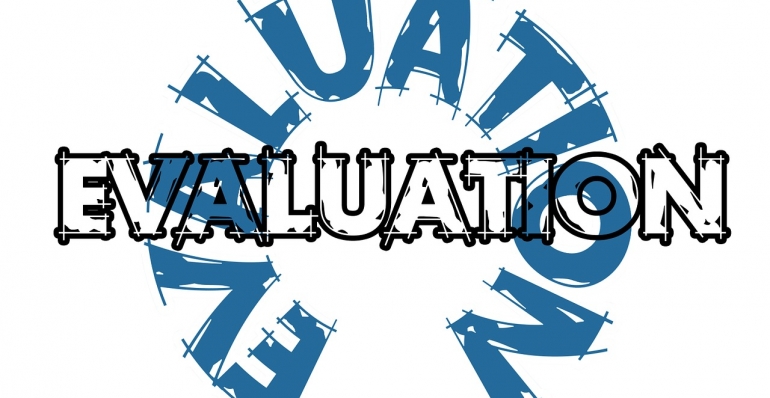Creating Learning Climate in your classroom
- Posted By Super User
- Training Delivery

Malcolm Knowles (1980) define the andragogical approach to learning climate as being relaxed, trusting, mutually respectful, informal, warm, collaborative, and supportive, with openness, authenticity, and humanness as key contributing factors. Learning theorists consider all these process elements, defined in Knowles's process model of andragogy, to be crucial to adult learning.
Combined strategies, relevant course materials, suitable facilities, and reliable instructional instruments all contribute to success of the learning experience. Independently, these features may not ensure success, but without their relevance to the work environment, guaranteeing success under any circumstances would be difficult.
I have asked several experienced trainers how they apply adult learning principles in their delivery. The following are a summary of their descriptions to help adults learn classified in four main categories:






